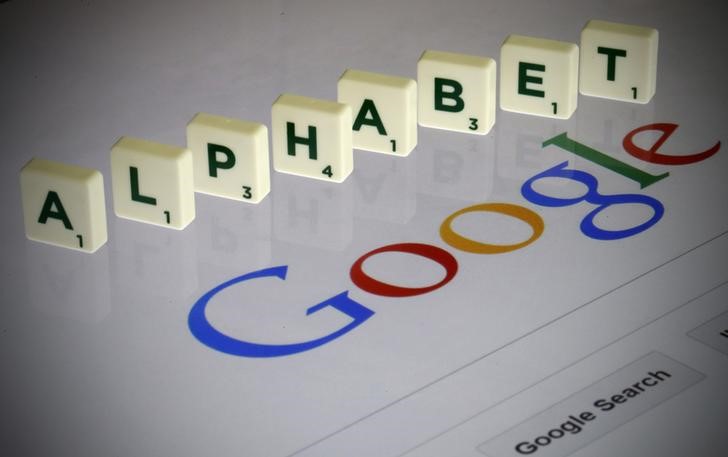Google Claims Breakthrough in Quantum Computing with New Chip
On Monday, Google announced a significant advancement in quantum computing technology. The company's latest quantum chip, named Willow, solved a mathematical problem in just five minutes—an endeavor that would take a classical computer longer than the known age of the universe to complete. This breakthrough was achieved at Google's quantum lab in Santa Barbara, California.
The technology giant, part of Alphabet (NASDAQ:GOOGL) Inc., is working alongside other companies like Microsoft and IBM to harness the power of quantum computing. This field has the potential to offer processing speeds far beyond the fastest systems currently available. Although the problem solved by Willow does not yet have commercial applications, Google anticipates that quantum computers will eventually tackle complex issues in areas such as medicine, battery chemistry, and artificial intelligence, surpassing the capabilities of conventional computing.
Willow is built with 105 quantum bits, or qubits, which are the fundamental components of quantum computers. Qubits operate at high speeds but are sensitive to errors, which often stem from minimal disturbances such as subatomic particles caused by cosmic events. As more qubits are integrated into a chip, cumulative errors can negate the advantages over traditional computing. To address this, scientists have been developing quantum error correction techniques since the 1990s.
In a recent article published in Nature, Google outlined its success in entangling Willow's qubits in a manner that reduces error rates as the number of qubits increases. The company also claims it can now correct errors in real-time, marking a critical step towards the practical use of quantum machines. Hartmut Neven, head of Google Quantum AI, stated, "We have crossed the threshold."
This announcement follows a 2019 dispute in which IBM challenged Google's claim that its quantum chip could solve a problem impossible for classical computers, proposing a more optimistic timeframe based on different assumptions. In response to these critiques, Google stated that even under the most favorable conditions for classical computing, its latest chip would surpass traditional systems by an unparalleled margin, asserting that classical computers would need a billion years to accomplish what Willow can do in minutes.
While competitors may be developing chips with more qubits, Google is focusing on the reliability of its qubits. Anthony Megrant, chief architect of Google Quantum AI, emphasized that the company has transitioned from a shared manufacturing facility for Willow chips to its own dedicated production site. This move is expected to accelerate the development of future quantum chips, tested in large cooling units known as cryostats. Megrant highlighted the importance of rapidly incorporating new ideas into the production process to enhance the learning cycle.
This article has been generated, translated, and reviewed by an editor with the support of artificial intelligence. For more information, please see our Terms and Conditions section.


